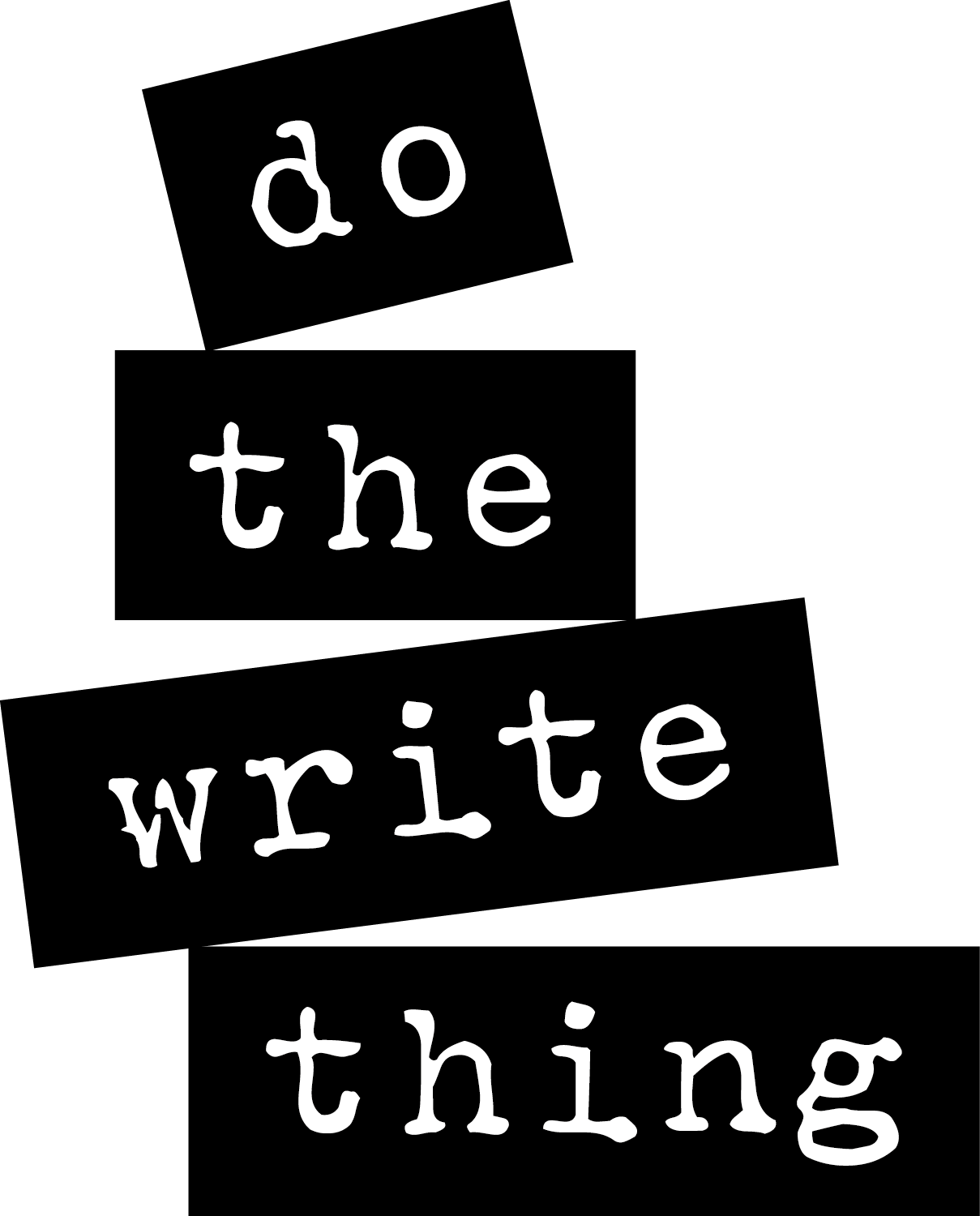the record business
effective writing and recording in social care
Why is this subject important?
It is not unusual to hear social care workers saying they can spend 80% or more of their time writing and recording. As a consequence, workers often fail to see recording as a dynamic, integral part of their everyday work – and partly because of the sheer size of the task see it more as an administrative chore. And too often workers are just expected to know how to write and get on with it. Writing is a skill – and like any other skill – it can be practised and improved upon.
Recording is often ineffective because of duplication, defensive recording (that is, workers record “everything” rather than what is relevant and significant) and a lack of analysis. Also, often the voice of the child or service user is missing or lost in the sea of words.
It is crucial that social care workers reconnect with recording that is relevant and meaningful. And by improving recording in this way we will, in turn, improve social work practice: the two rely on each other.
How will this course help me?
At the end of the course we want you to feel confident and supported in writing clear, accurate and relevant reports and records. By recording more effectively it is our ultimate aim to reduce the time we spend at a desk and increase the time for face-to-face work and to create time to allow space for judgement.
What will I learn? You will learn how to:
- Plan your writing effectively;
- Structure it in a way that is logical, professional and easy to navigate;
- Be clear, concise, use everyday words and avoid jargon;
- Keep your report writing relevant and meaningful;
- Record the voice of the service user;
- Draw on lessons learnt from serious case reviews and inspections; and
- Avoid getting stuck and ultimately save time!
“Numerous inquiries in the past have called for higher standards of case recording and the more thorough maintenance of case files by professionals from all agencies involved in the welfare of children. In view of the regularity with which deficiencies in this regard have been identified, it is disappointing to find them repeated with such regularity throughout Victoria's case.”
- Lord Laming - Victoria Climbie inquiry
“If it can be said at all,
it can be said clearly”
- Ludwig Wittgenstein
“If we make others struggle to understand what we are saying or writing, we are using bad English, rotten to the core.” - Godfrey Howard - The Good English Guide
do the write thing: (e) office@dothewritething.co.uk


